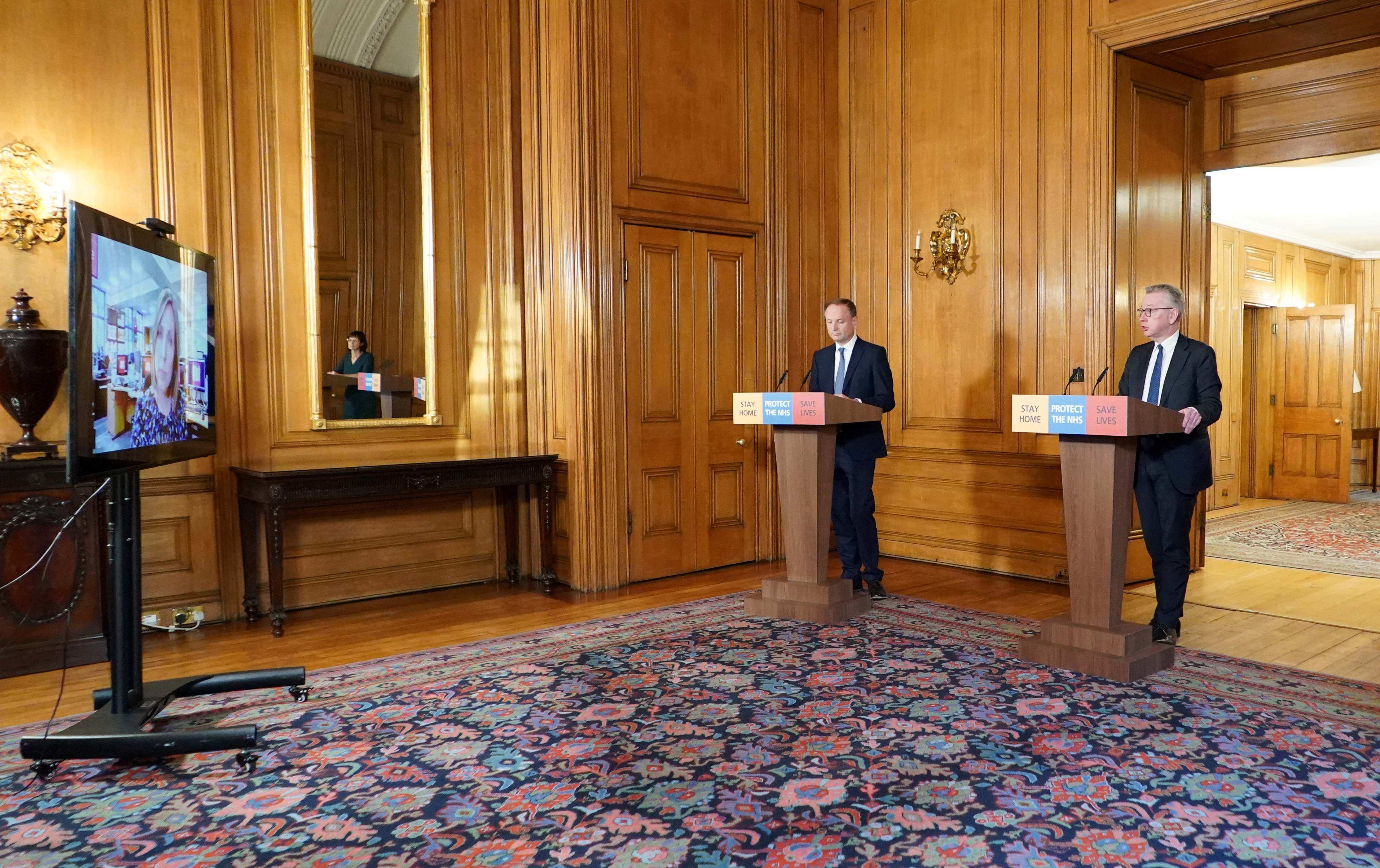By Paul Sandle and Estelle Shirbon
LONDON (Reuters) - Britain is scaling up coronavirus testing for frontline National Health Service (NHS) staff, with hundreds of tests due to be carried out in coming days and many more next week.
The United Kingdom has so far reported 14,579 cases of the virus and 759 deaths, with the peak of the epidemic in the country expected to come in a few weeks. Prime Minister Boris Johnson and health minister Matt Hancock are among those who have tested positive.
Simon Stevens, head of the NHS in England, said two temporary hospitals would be built in Birmingham and Manchester, in addition to a previously announced one in London.
Stevens also said the NHS had freed up the equivalent of 50 hospitals to cope with the crisis, and there were currently 3,000 beds available in London, the worst-hit city.
The government had previously faced criticism for insufficient testing for the coronavirus, especially among doctors, nurses and other frontline NHS staff.
Speaking at a daily news conference at Downing Street, Cabinet Office minister Michael Gove said a new testing regime was being put in place, with NHS staff first in line.
"This will be antigen testing, testing if people currently have the disease, so our health and social care workers can have security in the knowledge that they are safe to return to work if their test is negative," Gove said.
"These tests will be trialled for people on the frontline starting immediately, with hundreds to take place by the end of the weekend, dramatically scaling up next week."
The government said it was working with private firms Thermo Fisher Scientific (NYSE:TMO), Amazon (NASDAQ:AMZN), Boots, Royal Mail (LON:RMG) and Randox, as well as with the independent health foundation the Wellcome Trust and top UK universities to set up the new programme.
Three new hub laboratories will be set up for the duration of the crisis. The first of those is expected to receive approval by Saturday and to start operating over the weekend, processing 800 samples initially.
The number of tests will be scaled up every week after that, and Stevens said the aim was to expand the tests to a wider range of workers beyond the NHS.
As things stand, most people are not being tested unless their symptoms are severe.
Gove was asked whether ministers would all be tested in light of the prime minister's diagnosis, but he said they would not, unless they had symptoms.

"People are tested if they are symptomatic and those members of the central effort in helping to defeat the virus who do show symptoms are appropriately tested," he said.